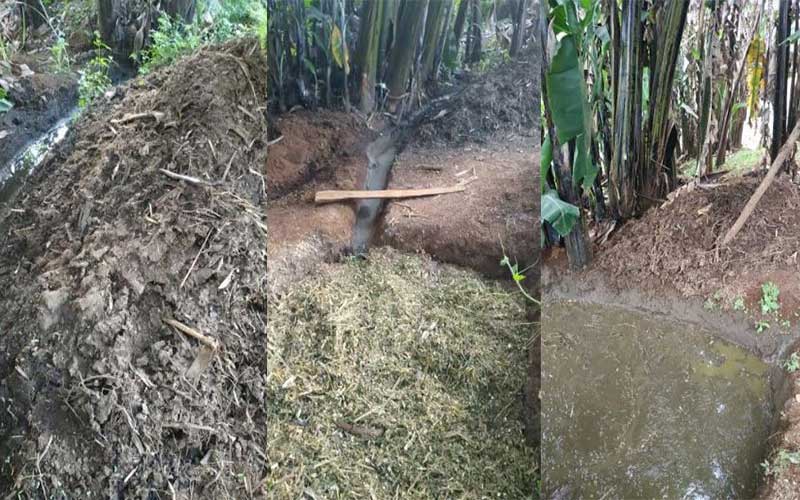×
The Standard e-Paper
Home To Bold Columnists

Joyce Nyakio preparing her compost manure.
As we all say modern problems require modern solutions, restrictions to tame the spread of Covid-19 has accelerated farmers' advance to organic farming due to inadequate farm inputs and overpriced farm inputs.